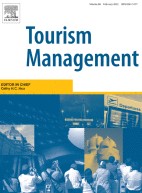
The COVID-19 pandemic has forced tourism practitioners to create efficient strategies to attract travelers. Using three theoretical frameworks, such as tourist trust , travel constraint, and extended theory of planned behavior, we develop a comprehensive framework to explain the impact of travel promoting, restricting, and attitudinal factors on travel decision during and after the pandemic.
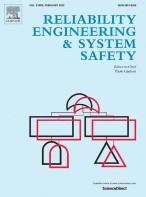
Well-being and distributive justice after natural events are quantified. Quantification is through novel connectivity-based metrics. The presented metrics are probabilistic. The procedure is applied to the transportation network of Seaside, OR. The procedure is general and applicable to different communities.

Cities across the nation are looking for new and innovative approaches to reduce emissions from their transportation systems. Adopting an “all-of-the-above” energy strategy allows cities to utilize multiple clean fuel solutions so municipal fleets can choose the fuel that works best for their unique operations.
Los Angeles Aerial Rapid Transit (LA ART) is a proposed gondola system that can connect Los Angeles Union Station to Dodger Stadium in 7 minutes.

Food supply chains connect heavily dependent producers and consumers throughout the globe, often with just-in-time delivery. Many of these critical supply chains have been disrupted, or are threatened to be disrupted, by the COVID-19 pandemic.
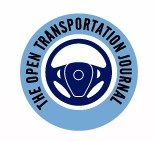
Reducing human presence in vehicles and transportation infrastructure is a common concept of Intelligent Transportation Systems and COVID-19 guidelines. However, the motivation for the reduced human presence is different.
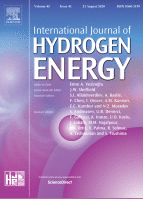
H2 storage in compressed form is the commercially viable technology at present. Critical cost factors in H2 storage, transportation and distribution are provided.
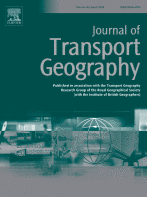
Whereas the importance of transportation for economic growth is widely acknowledged, past studies on the resilience of regions to economic shocks have not given explicit attention to the role of transportation accessibility on building robust regional economies.
